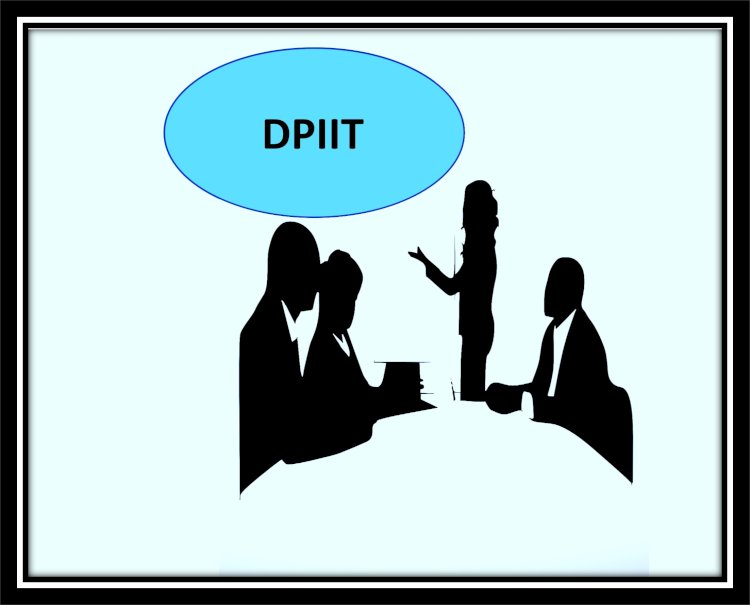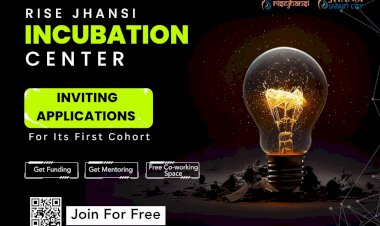The Department for Promotion of Industry and Internal Trade (DPIIT) plays a crucial role in fostering the growth and development of industries and businesses in India. Here's an overview of its purpose, benefits, and eligibility criteria:
Purpose of DPIIT: The primary purpose of DPIIT is to create a conducive environment for the growth and development of industries and businesses in India. It formulates and implements policies that facilitate investment, innovation, and entrepreneurship. One of its key objectives is to reduce the regulatory burden on startups, allowing them to focus on their core business and keep compliance costs low.
Benefits of DPIIT Recognition: Startups are allowed to self-certify compliance for 6 Labour Laws and 3 Environmental Laws through a simple online procedure. No inspections are conducted for a period of 5 years in the case of labour laws, unless a credible and verifiable complaint of violation is received. Startups falling under the 'white category' as defined by the Central Pollution Control Board (CPCB) can self-certify compliance with environment laws, with only random checks conducted. Other benefits include tax benefits, easier compliance, and fast-tracking of Intellectual Property Rights (IPR).
Eligibility Criteria for DPIIT: 1. The startup should be incorporated as a private limited company or registered as a partnership firm or a limited liability partnership. 2. Turnover should be less than INR 100 Crores in any of the previous financial years. 3. An entity can be considered a startup for up to 10 years from the date of its incorporation. 4. The startup should be working towards innovation or improvement of existing products, services, and processes, with the potential to generate employment or create wealth. Entities formed by splitting up or reconstruction of existing businesses are not considered startups.


 MAHESH KUMAR RAI
MAHESH KUMAR RAI 






















